Portal:Bangladesh
Bangladesh (/ˌbæŋɡləˈdɛʃ, ˌbɑːŋ-/; Bengali: বাংলাদেশ, pronounced [ˈbaŋlaˌdeʃ] ( A middle power in the Indo-Pacific, Bangladesh is home to the sixth-most spoken language in the world, the third-largest Muslim-majority population in the world, and the second-largest economy in South Asia. It maintains the third-largest military in the region and is a major contributor to UN peacekeeping operations. Bangladesh is a unitary parliamentary republic based on the Westminster system. Bengalis make up 99% of the total population of Bangladesh. The country consists of eight divisions, 64 districts and 495 subdistricts. It hosts one of the largest refugee populations in the world due to the Rohingya genocide. Bangladesh faces many challenges, particularly poverty, corruption and effects of climate change. Bangladesh has been a leader within the Climate Vulnerable Forum. It hosts the headquarters of BIMSTEC. It is a founding member of SAARC, as well as a member of the Organisation of Islamic Cooperation and the Commonwealth of Nations. (Full article...) Selected articles -Bangladesh News
Where in Bangladesh...
Related portalsSelected imagesDid you know (auto-generated) -
Selected biography Mujibur Rahman Sheikh Mujibur Rahman (Bengali: শেখ মুজিবর রহমান; March 17, 1920 – Sheikh Mujibur Rahman (Bengali: শেখ মুজিবুর রহমান Shekh Mujibur Rôhman; March 17, 1920 – August 15, 1975) was a Bengali political leader in East Pakistan and the founding leader of Bangladesh. He headed the Awami League, served as the first President of Bangladesh and later became its Prime Minister. He is popularly referred to as Sheikh Mujib, and with the honorary title of Bangabandhu (বঙ্গবন্ধু Bôngobondhu, "Friend of Bengal"). His eldest daughter Sheikh Hasina Wajed is the present leader of the Awami League and a former prime minister of Bangladesh. A student political leader, Mujib rose in East Pakistani politics and within the ranks of the Awami League as a charismatic and forceful orator. An advocate of socialism, Mujib became popular for his leadership against the ethnic and institutional discrimination of Bengalis. He demanded increased provincial autonomy, and became a fierce opponent of the military rule of Ayub Khan. At the heightening of sectional tensions, Mujib outlined a 6-point autonomy plan, which was seen as separatism in West Pakistan. He was tried in 1968 for allegedly conspiring with the Indian government but was not found guilty. Despite leading his party to a major victory in the 1970 elections, Mujib was not invited to form the government. After talks broke down with President Yahya Khan and West Pakistani politician Zulfikar Ali Bhutto, Mujib was arrested and a guerrilla war erupted between government forces and Bengali nationalists aided by India. An all out war between the Pakistan Army and Bangladesh-India Joint Forces led to the establishment of Bangladesh, and after his release Mujib assumed office as a provisional president, and later prime minister. Even as a constitution was adopted, proclaiming socialism and a secular democracy, Mujib struggled to address the challenges of intense poverty and unemployment, coupled with rampant corruption. Amidst rising popular agitation, he banned other political parties and declared himself president for life in 1975. After only seven months, Mujib was assassinated along with his family by a group of army officers. (more...) General images -The following are images from various Bangladesh-related articles on Wikipedia.
More Did you know
Recognized contentNew articlesThis list was generated from these rules. Questions and feedback are always welcome! The search is being run daily with the most recent ~14 days of results. Note: Some articles may not be relevant to this project.
Rules | Match log | Results page (for watching) | Last updated: 2023-05-19 19:58 (UTC) Note: The list display can now be customized by each user. See List display personalization for details.
Associated WikimediaThe following Wikimedia Foundation sister projects provide more on this subject:
Discover Wikipedia using portals
| ||||||||||||||||||||














.svg.png.webp)
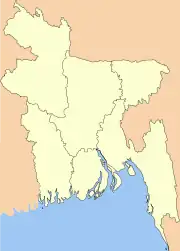



.jpg.webp)














-_Male_at_Kolkata_I_IMG_3003.jpg.webp)
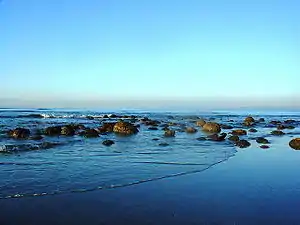
.jpg.webp)

_2.jpg.webp)
.jpg.webp)


_on_Kapok_(Ceiba_pentandra)_in_Kolkata_W_IMG_4513.jpg.webp)

















.jpg.webp)
.jpg.webp)








.jpg.webp)

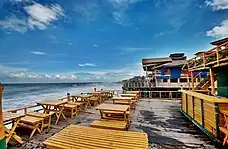


.jpg.webp)



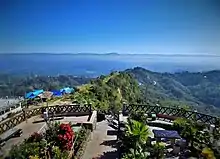


.JPG.webp)








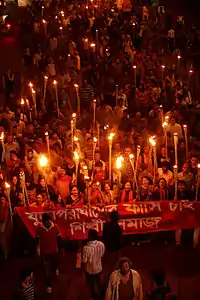


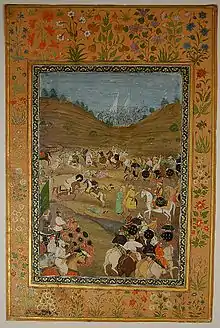

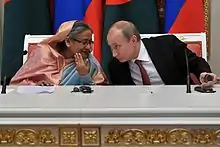




_002.jpg.webp)


_Dhaka_Bangladesh_2011_18.JPG.webp)






.jpg.webp)










